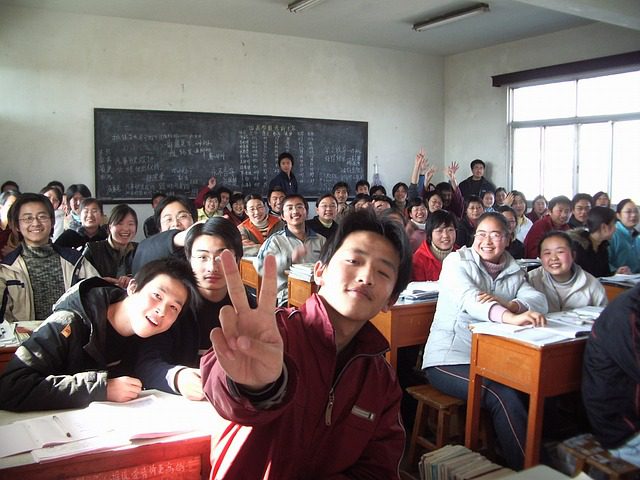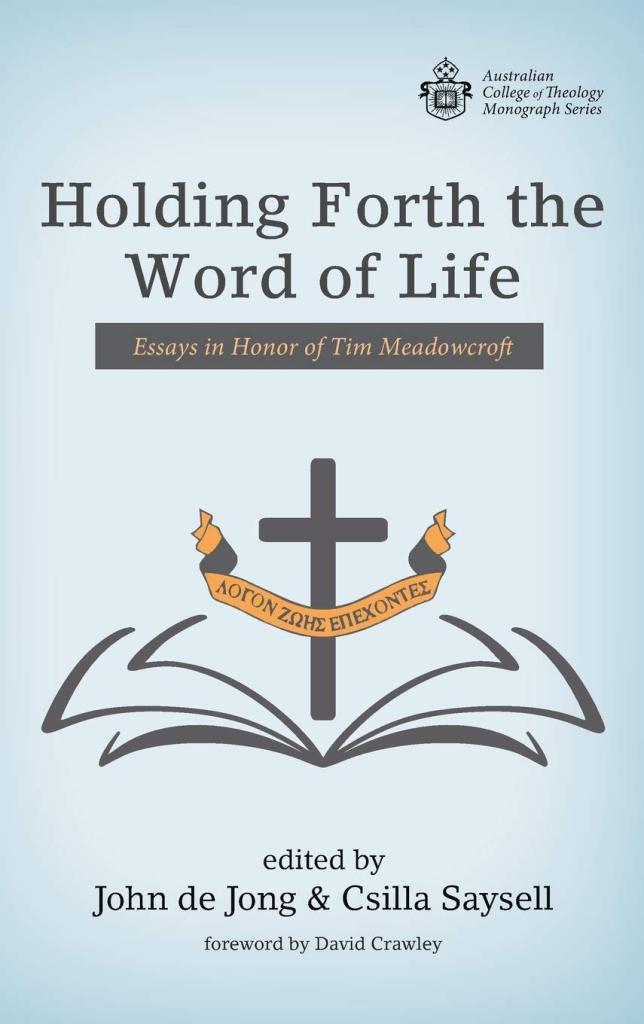This is one of the most telling articles you may ever read about Chinese culture.Here are the opening words of an article titled “Riot after Chinese teachers try to stop pupils cheating”–––

What should have been a hushed scene of 800 Chinese students diligently sitting their university entrance exams erupted into siege warfare after invigilators tried to stop them from cheating.
To read the details, you can click the link. The following quote captures the scene.
By late afternoon, the invigilators were trapped in a set of school offices, as groups of students pelted the windows with rocks. Outside, an angry mob of more than 2,000 people had gathered to vent its rage, smashing cars and chanting: “We want fairness. There is no fairness if you do not let us cheat.”
According to the protesters, cheating is endemic in China, so being forced to sit the exams without help put their children at a disadvantage.
Teachers trapped in the school took to the internet to call for help. “We are trapped in the exam hall,” wrote Kang Yanhong, one of the invigilators, on a Chinese messaging service. “Students are smashing things and trying to break in,” she said.
What are the implications for gospel ministry?
The point is not simply that situation is “dishonest”, “corrupt,” or “bad.” Similar stories could be told from other cultures. Rather, I want you to think about what this story says about the Chinese view of “law” and “justice.” The parents are rioting and chanting, “We want fairness. There is no fairness if you do not let us cheat.”
How is it fair to cheat?
I’ve written many times about the need for us to explain the gospel and tell the biblical story using other metaphors beside “law.” I would never deny its importance in Scripture. My point is very simple: the Bible is much bigger than legal motifs. I spend over a third of my book, Saving God’s Face, making this point in great theological and exegetical detail.
Answer me this, “How much do you think these Chinese parents care about the law when they associate it with injustice, oppressing their kids, hurting their families, etc.?”
In traditional honor-shame cultures, “law” is of little importance. It’s all about relationships and “face.” Laws are often a convenient tool to oppress the poor or those without connections. The idea of a judge deciding between guilt and innocence has little meaning to the average Chinese. It’s all about who you know. What’s your family name?
In reality, what many Chinese long for is simply that someone will come in and set things right. It would make a lot more sense to them and give more hope if they heard a message about a righteous king who restored harmony to society. Such a king would rescue them by judging the various powers that oppress them. This king, who would be above all other kings, would keep his promises. He would not be partial to anyone, regardless of ethnicity, gender, wealth, education, nationality and the like.
In fact, this is precisely the gospel we find in the Bible.
I fear however that we may compromise the gospel by settling for truth. In our gospel presentations, we often commit “theological syncretism,”; simply contextualizing a (western) contextualization.
God is more than a judge. He is king. This is why Paul, in Rom 10, eagerly quotes Isa 52:7,
How beautiful upon the mountains are the feet of him who brings good news, who publishes peace, who brings good news of happiness, who publishes salvation, who says to Zion, “Your God reigns.”
Likewise, notice how Paul summarizes his presentation in Acts 13:32–33,
And we bring you the good news that what God promised to the fathers, this he has fulfilled to us their children by raising Jesus,… [whom Paul goes on to explain is the Davidic king whom God would use to set the world right].
For the sake of the Chinese and the nations, I reiterate the plea I make in chapter 2 of Saving God’s Face: Don’t assume the gospel!
Photo Credit: PublicDomainPictures via Pixabay













